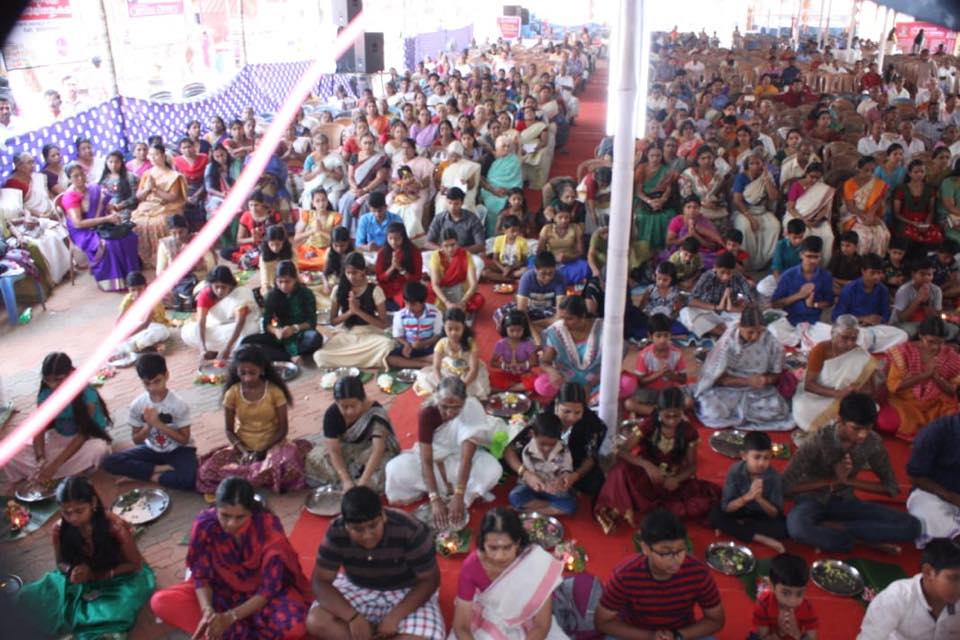Our Essence Never Dies, So Why Grieve? : Swami Tejomayananda

28/06/2019 Grief over any matter is born of ignorance. There is a difference between concern and grief. A person weeps because of the loving relationship with or personal attachment to the departed or simply because of the social expectation to cry. If the deceased lived an unrighteous life, there could be concern about his fate. For just this reason, rituals for a better situation in the after-life of the departed soul are prescribed. Even if a good person dies, there can be cause for grief, because in the absence of their wise counsel we fear for ourselves. There could be various reasons to grieve for one who has passed away, but why mourn for the living? Those who are alive can cause anxiety in many ways; sometimes we cry out of love or attachment. Many a time, people grieve over fear of events that have not taken place. It is interesting that at twenty, a man neither cares nor worries about what the world thinks of him. At thirty, he wonders what they think of him and at











